Author: Steve Thanos
Brewers perform a mash to extract sugars from malt that are capable of being metabolized by yeast to create both alcohol and carbon dioxide (CO2). While maltose, the disaccharide that comes from malt, is highly fermentable, getting more into wort involves using more grain, which for certain styles can increase certain undesirable characteristics. For this reason, brewers often rely on simpler sugars to increase beer strength while contributing little in the way of aroma, flavor, or mouthfeel.
One common sugar used by brewers is sucrose, also known as table sugar, which in addition to being readily available and rather inexpensive, is known to have a minimal impact anything other than alcohol level when used in reasonable amounts. Recently, a number of alternative sugars have hit the market, most targeted at health conscious consumers, though some seem interesting enough for use in beer. One such product is coconut sugar, which is derived from coconut palm sap and has an appearance similar to that of brown sugar; it’s also completely fermentable like sucrose.
Over the last few years, I’ve been reaching for coconut sugar when cooking and baking more than sucrose, and I’ve not noticed any difference in the quality of the food I make with it. Always eager to brew with new ingredients, I wondered how using coconut sugar in place of sucrose might impact a simple pale lager and designed an xBmt to test it out.
| PURPOSE |
To evaluate the differences between an International Pale Lager made with coconut sugar and one made with sucrose.
| METHODS |
Since I usually add a dose of simple sugar when making International Pale Lager, it seemed a good style for this xBmt, so I designed a nice recipe I felt would emphasize any differences.
Trophies Of Plunder
Recipe Details
| Batch Size | Boil Time | IBU | SRM | Est. OG | Est. FG | ABV |
|---|---|---|---|---|---|---|
| 5 gal | 60 min | 26.7 | 3.9 SRM | 1.054 | 1.004 | 6.56 % |
| Actuals | 1.054 | 1.004 | 6.56 % | |||
Fermentables
| Name | Amount | % |
|---|---|---|
| Pilsner | 7 lbs | 77.77 |
| Coconut Sugar OR Sucrose | 1.001 lbs | 11.12 |
| Vienna | 8 oz | 5.56 |
| Acidulated | 4 oz | 2.78 |
| Caramel Malt 10L | 4 oz | 2.78 |
Hops
| Name | Amount | Time | Use | Form | Alpha % |
|---|---|---|---|---|---|
| Experimental X04190 | 28 g | 15 min | Boil | Pellet | 4 |
| Tettnang | 28 g | 15 min | Boil | Pellet | 4.5 |
| Magnum | 12 g | 15 min | Boil | Pellet | 12 |
Yeast
| Name | Lab | Attenuation | Temperature |
|---|---|---|---|
| Harvest (L17) | Imperial Yeast | 74% | 32°F - 32°F |
Notes
| Water Profile: Ca 55 | Mg 12 | Na 9 | SO4 48 | Cl 35 |
Download
| Download this recipe's BeerXML file |
After collecting 2 sets of water and lighting the flame to get them heating up, I weighed out and milled the grains.
Once the water for each batch was adequately heated, I incorporated the grains then checked to make sure both were at the same target mash temperature.
While the mashes were resting, I prepared the kettle hop additions.
Once each 60 minute mash was complete, I sparged to collect the same pre-boil volume. As the worts were heating up, I measured out identical amounts of coconut sugar and sucrose to be added with 10 minutes left in each boil.
When the 60 minute boils were complete, I rapidly chilled them with my JaDeD Brewing Hydra IC.
Hydrometer measurements showed the wort with coconut sugar had a slightly lower OG than the one made with sucrose.
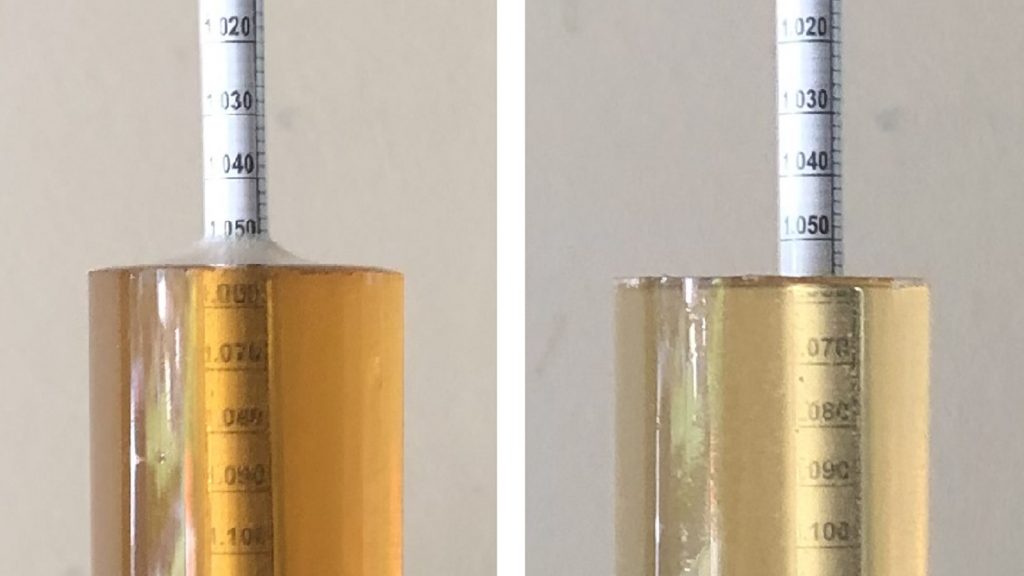
The filled fermenters were placed in my chamber and left to finish chilling to my desired fermentation temperature of 50°F/10°C for a few hours before I pitched a pouch of Imperial Yeast L17 Harvest into each.
With signs of fermentation activity absent after 2 weeks, I took hydrometer measurements showing the coconut sugar beer finished 0.001 FG higher than the sucrose beer.
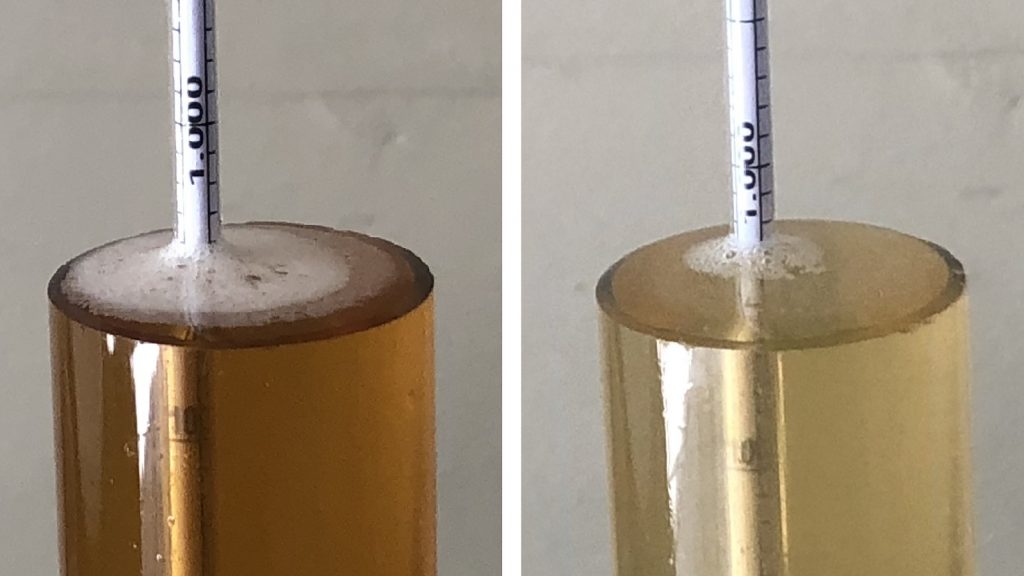
I then pressure transferred the beers into the kegs and placed in my keezer where they were left to lager at 35°F/2°C for 3 weeks before they were ready to serve to tasters.
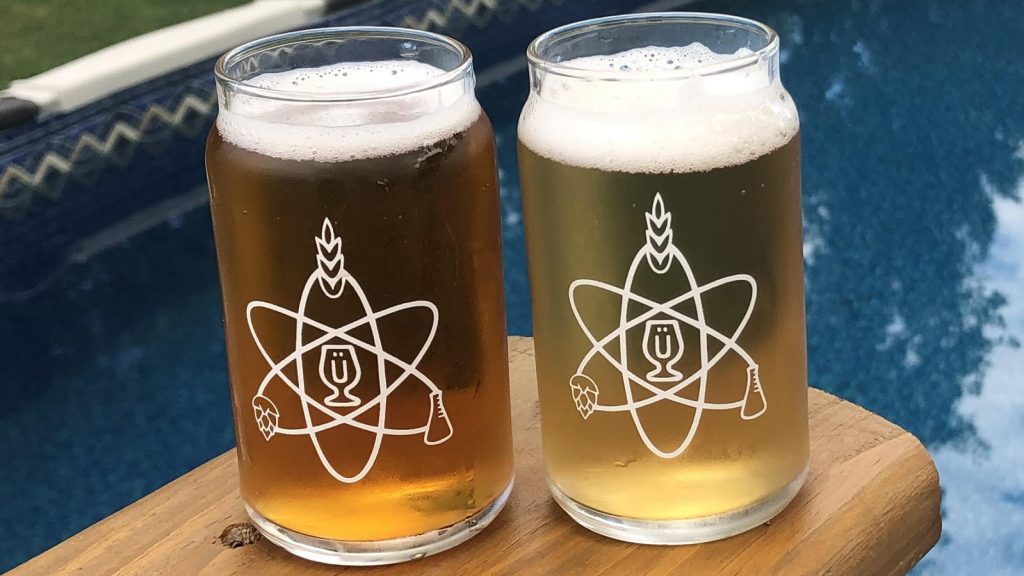
| RESULTS |
Huge thanks to the rad crew at Werk Force Brewing for allowing me to collect data at their establishment! A total of 22 people of varying levels of experience participated in this xBmt. Each participant was served 2 samples of the beer made with coconut sugar and 1 sample of the beer made with sucrose in different colored opaque cups then asked to identify the unique sample. While 12 tasters (p<0.05) would have had to accurately identify the unique sample in order to reach statistical significance, 13 did (p=0.01), indicating participants in this xBmt were able to reliably distinguish an International Pale Lager made with coconut sugar from one made with sucrose.
The 13 participants who made the accurate selection on the triangle test were instructed to complete a brief preference survey comparing only the beers that were different. A total of 6 tasters reported preferring the beer made coconut sugar, 3 said they liked the beer made with sucrose more, and 4 had no preference despite noticing a difference.
My Impressions: Out of the 5 semi-blind triangle tests I attempted, I correctly identified the odd-beer-out every time. The beers were definitely similar, though I perceived a caramel-like flavor in the one made with coconut that, when combined with my awareness of the variable, made it rather easy to pick out. Ultimately, I preferred the International Pale Lager made with sucrose.
| DISCUSSION |
Brewers have been relying on adjunct sugar additions to boost alcohol levels in beer for eons, with the easiest to obtain arguably being sucrose, or table sugar, which has the benefits of being both inexpensive and highly fermentable. An alternative sugar that’s preferred by some cooks and bakers due to possessing more nutritional value is coconut sugar, which while being similarly fermentable, is different in color and molecular make-up. The fact tasters in this xBmt were able to reliably distinguish an International Pale Lager made with coconut sugar from one made with an equal amount of sucrose suggests each sugar contributes distinct characteristics to beer.
In looking more deeply at what exactly coconut sugar is, I learned that upwards of 70% of it is identical to sucrose while the rest is made up of individual fructose and glucose molecules, as well as trace minerals. While it’s possible other factors contributed to the perceptible differences between these beers, it seems more plausible it was a result of the mineral and molecular differences between coconut sugar and sucrose.
Despite the results being significant, the fact not every participant in this xBmt was able to tell the beers apart is evidence of their similarity, though those who I spoke with following completion of the triangle test tended to share my perception of the coconut sugar beer having a noticeable caramel flavor. While I felt this was out of place for an International Pale Lager and preferred the one made with sucrose, I can definitely see coconut sugar working well in more richly flavored styles and look forward to playing with it more in the future.
If you have any thoughts about this xBmt, please do not hesitate to share in the comments section below!
Support Brülosophy In Style!
All designs are available in various colors and sizes on Amazon!
Follow Brülosophy on:
FACEBOOK | TWITTER | INSTAGRAM
If you enjoy this stuff and feel compelled to support Brulosophy.com, please check out the Support page for details on how you can very easily do so. Thanks!


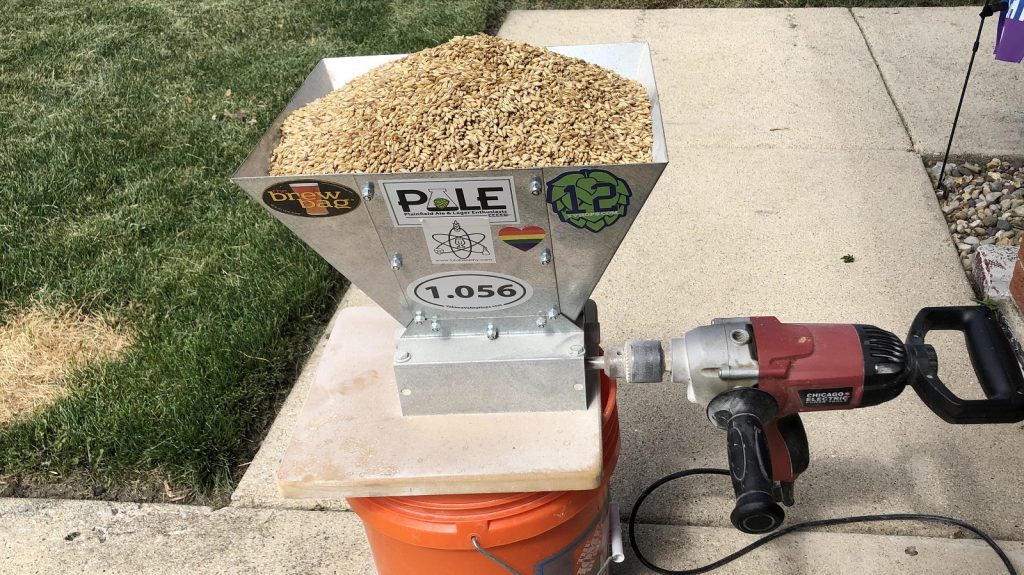
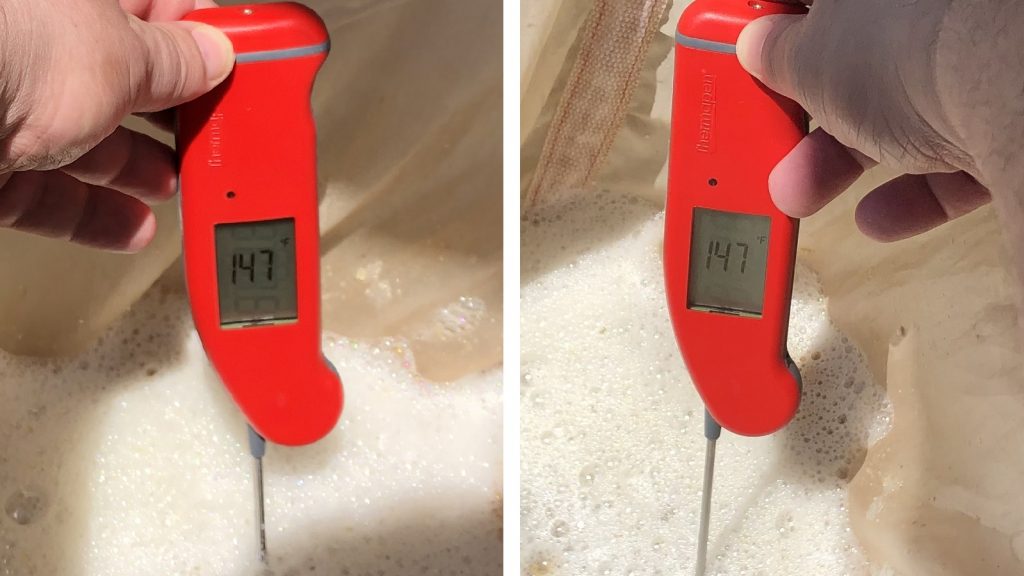
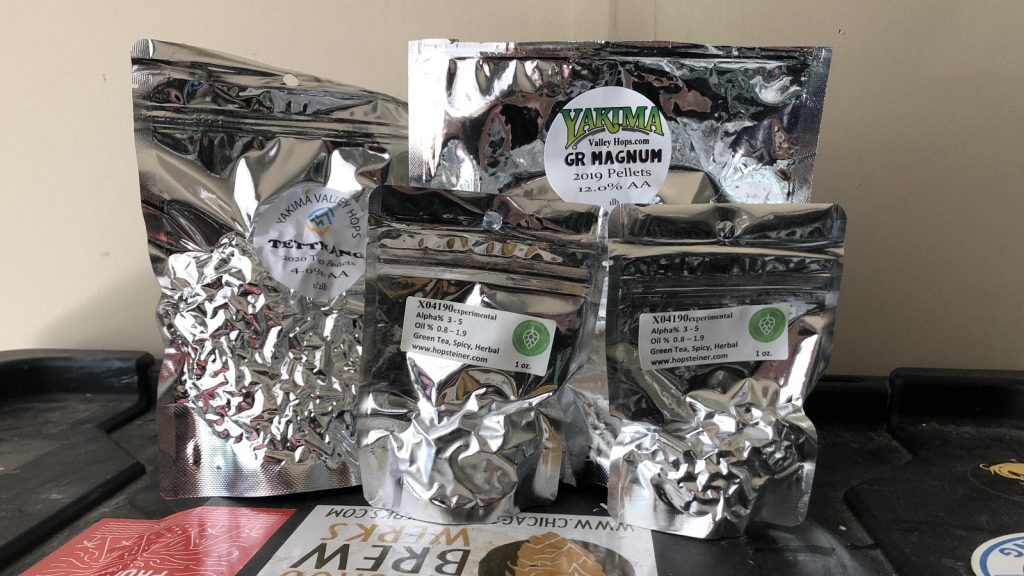
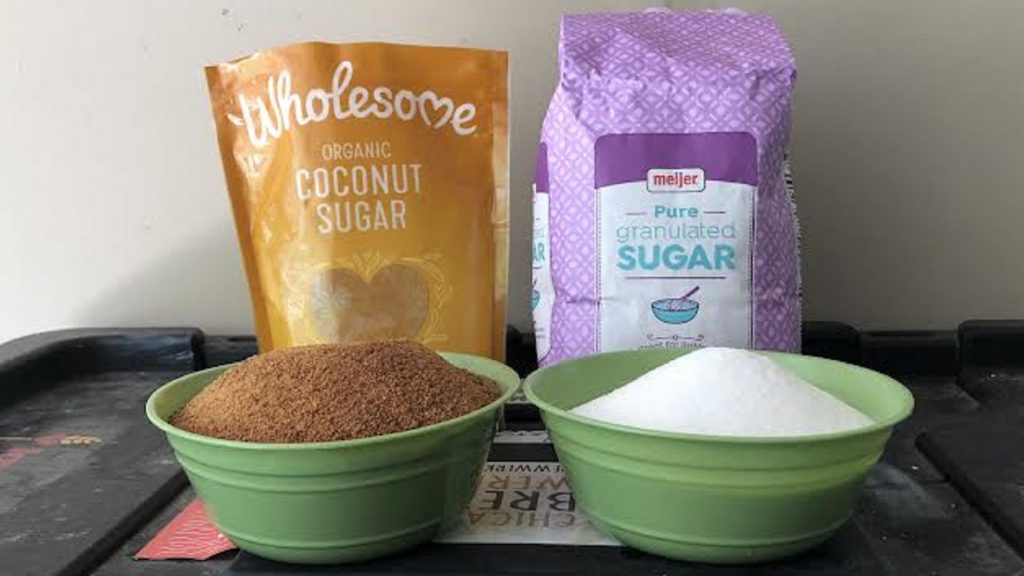
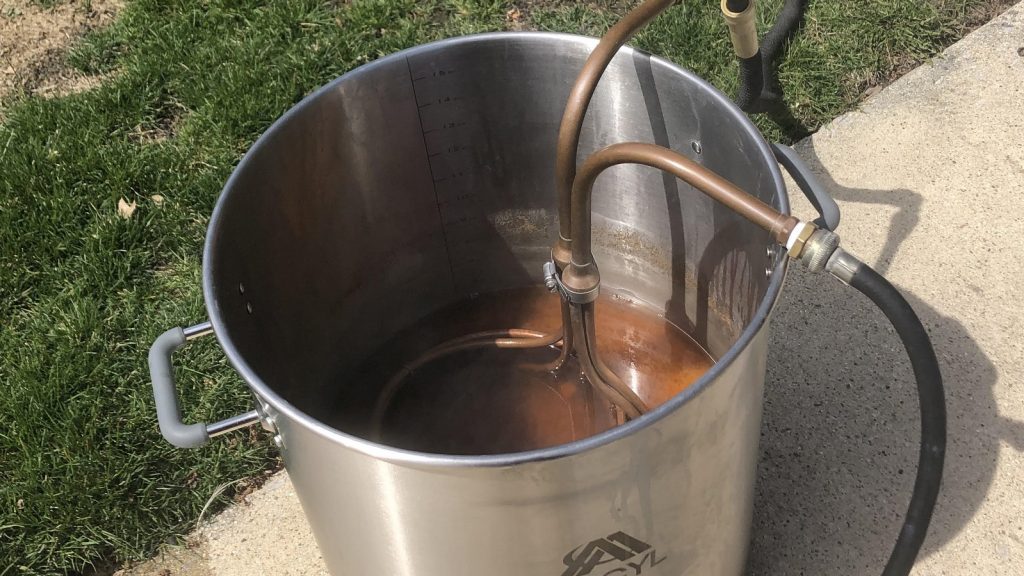
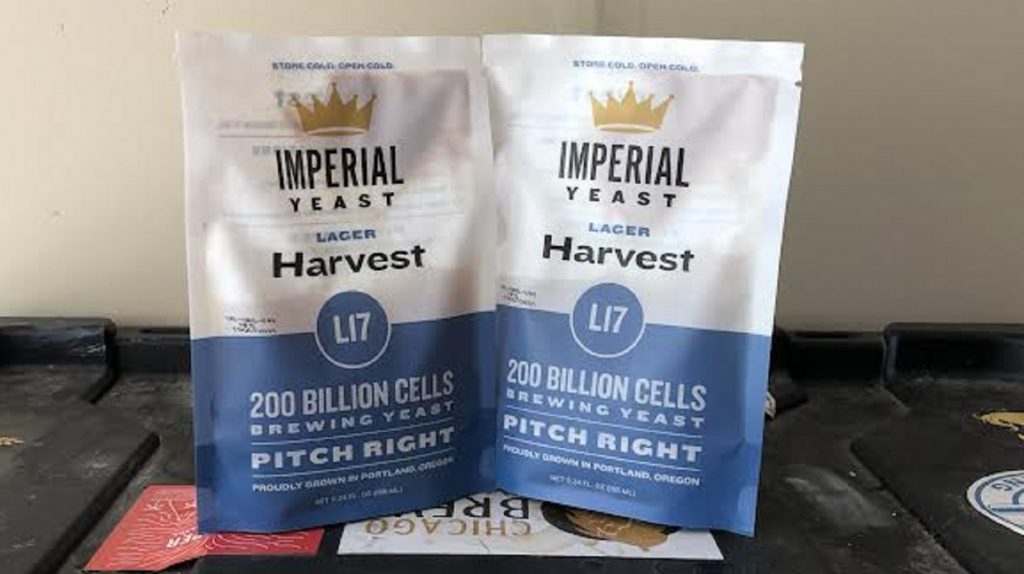








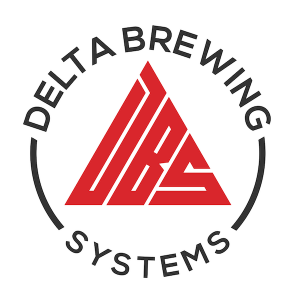


5 thoughts on “exBEERiment | Sugar Additions: Coconut Sugar vs. Sucrose In An International Pale Lager”
“preferred by some cooks and bakers due to possessing more nutritional value”… Use it if you think it tastes better, but based on at least the article in Wikipedia, it has no nutritional value beyond other sugars. It does have that not-overly-sweet slightly caramelly taste to it which is nice.
WebMD also states people like coconut sugar because it’s plant based, unlike the pork based table sugar commonly used in much of the Midwest.
Is this really a question people are dying to know the answer to? Is there a big debate to be settled about coconut sugar in beer? Is there a strongly held dogma that’s being challenged? This experiment seems a little out of the Brülosophy norm.
Coconut products, like palm oil, lead to tropical deforestation. We don’t need to use every product just because we can. There are things of greater value that can be preserved with very small sacrifices and these minor inconveniences lead to a better world for all of us to live in.
Coconut sugar is far less sweet and you have to add more
It also has a stronger characteristic flavour that don’t fit every places